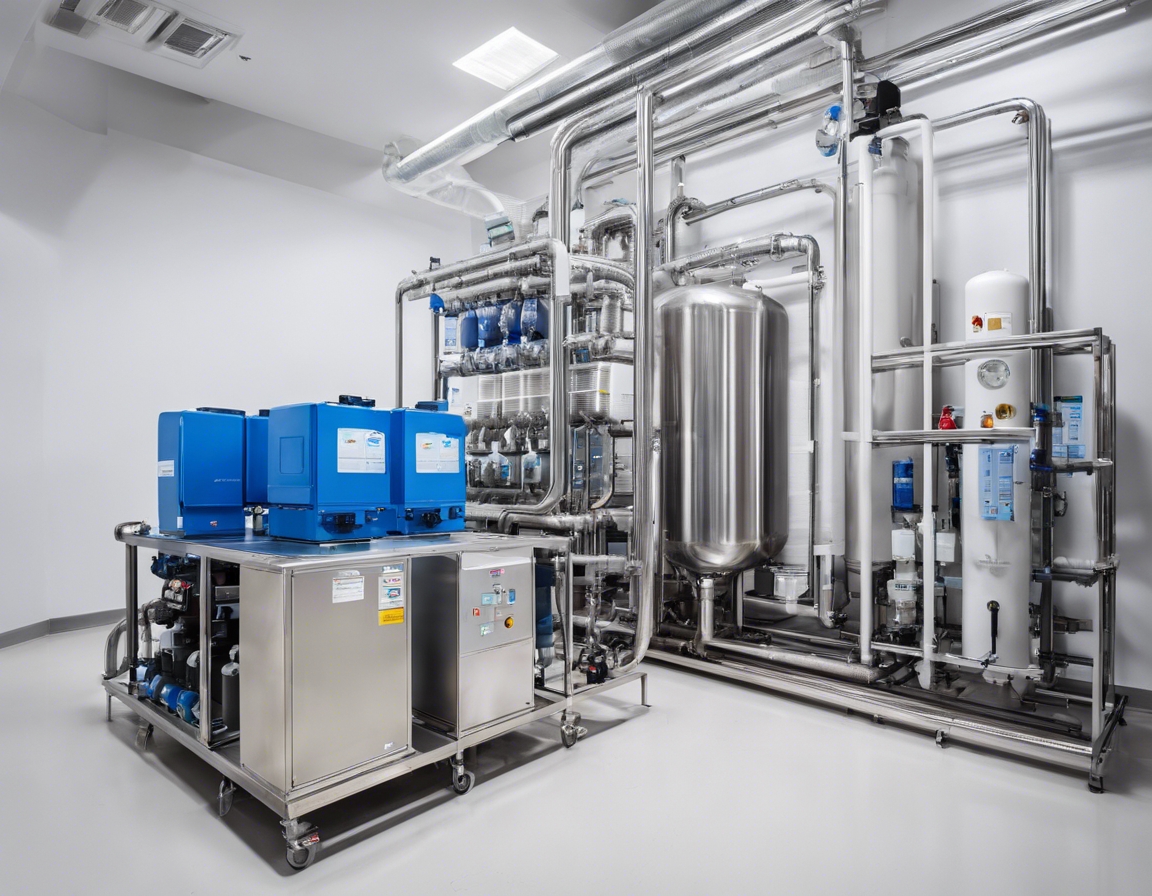The future of ozonation in water treatment
Ozonation is a water treatment process that utilizes ozone, a powerful oxidizing agent, to disinfect and purify water. Ozone is generated on-site and rapidly reacts with a wide range of organic and inorganic substances, effectively neutralizing harmful contaminants.
Ozonation offers several benefits over traditional water treatment methods such as chlorination. It produces fewer harmful by-products, has a stronger disinfectant ability, and can improve the taste and odor of water without the addition of chemicals.
Ozone is currently used in various sectors, including municipal drinking water treatment, industrial wastewater management, and food processing, to ensure water quality and safety.
Technological Advancements in Ozonation
Recent technological advancements have led to more efficient and cost-effective methods of ozone generation, such as cold plasma and UV-based systems, which are poised to revolutionize the industry.
Enhancements in ozone diffusion technology, including microbubble and membrane diffusion systems, have increased the efficiency of ozone dissolution in water, leading to better treatment outcomes.
The future of ozonation in water treatment lies in its integration with other advanced treatment methods, such as advanced oxidation processes (AOPs) and membrane filtration, to create comprehensive and robust treatment solutions.
Regulatory Trends and Environmental Impact
As global water quality standards become more stringent, ozonation is gaining recognition for its ability to meet and exceed these standards, making it a preferred choice for future water treatment projects.
Ozonation plays a critical role in sustainable water management practices by reducing the environmental footprint of water treatment processes and enabling the reuse of treated water in various applications.
Challenges and Limitations of Ozonation
Despite its benefits, ozonation faces operational challenges such as high energy consumption and the need for specialized equipment, which must be addressed to ensure its widespread adoption.
While ozonation produces fewer by-products than chlorination, the management of these by-products and ensuring safety during ozone generation and application remain areas of concern that require ongoing research and innovation.






Comments (0)